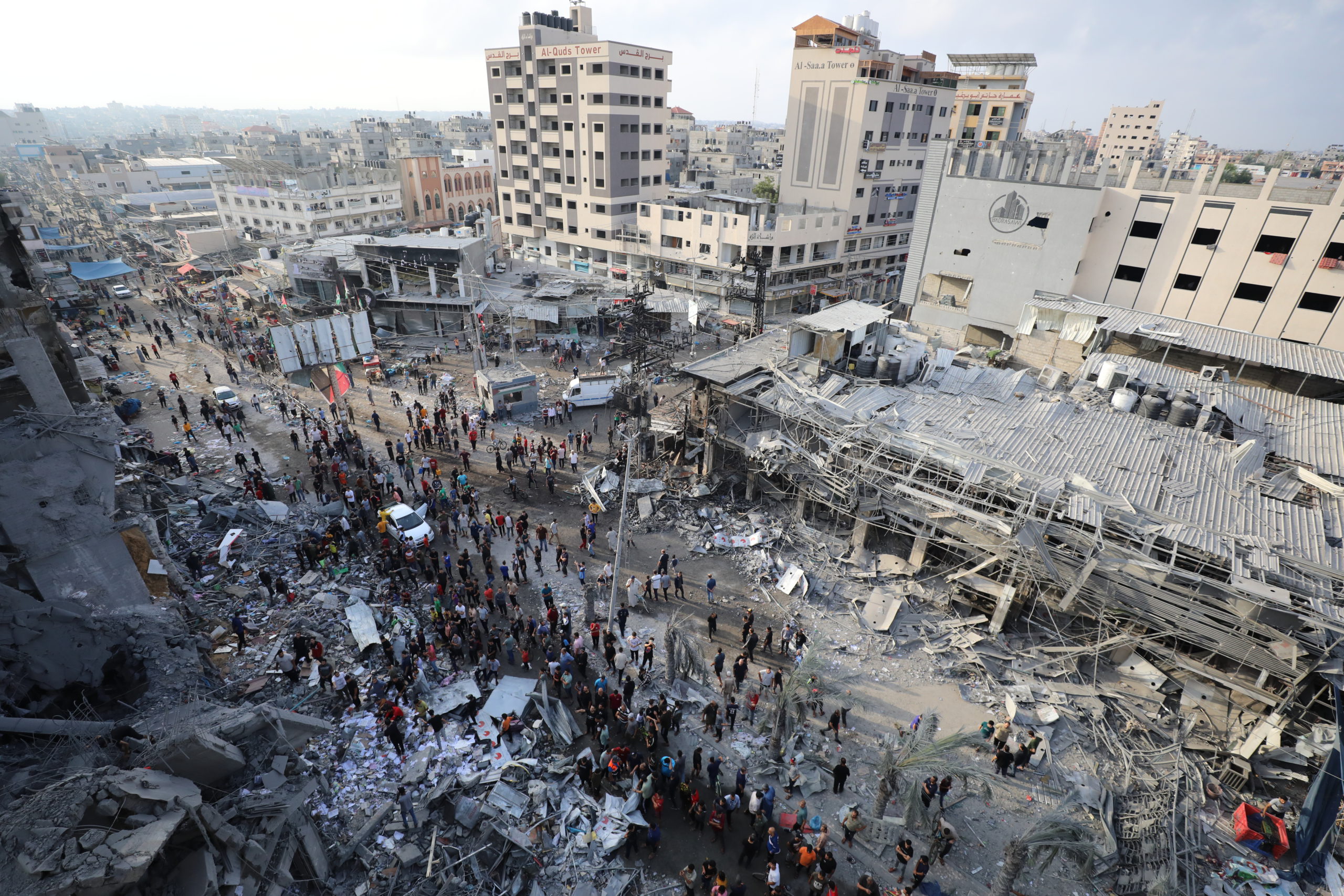Recently, 68 children from the SOS Children’s Village Rafah in Gaza were evacuated to Bethlehem. Psychologist Mutaz accompanied the children and talks about their psychological state and the help they need urgently right now.
Q. How are the children who were evacuated from Rafah?
A. They feel protected again for the first time in months. That’s the most important thing at the moment, we’ve survived and are safe. But the children are very tired and need to recover, both from the war and the exhausting journey.
Q. How are you supporting them?
A. We give them time and help them get a feeling for their new surroundings. None of the children have ever left Gaza before. We take city tours, offer leisure activities, play football, we’ve had a magician visit. And every day we meet for mindfulness sessions. These are all things that help us relax and settle in.
In addition, targeted psychological support is also needed.
Q. In the SOS Children’s Village Rafah in Gaza, the children were well looked after, but war and bombings were ever present there too. What did that do to their psyche?
A. The effects are diverse: fear, restlessness, sleep disorders, problems socialising with others, developmental setbacks. Many of these things also affect them here in Bethlehem. One child came to me and said he still couldn’t sleep, others don’t talk about their experiences at all, and others simply can’t play.
Q. How do you react as a psychologist in these cases?
A. It’s very individual. It’s important to proceed gently and not push the children.
Group therapy helps some, others need targeted individual support. Art therapy is often a good approach.
Many children find it easier to paint bad experiences or their feelings than to talk about them. In Gaza, this was a very important approach for us.
Every child in the SOS Children’s Village Rafah created a book: “My life story in Gaza”, with text, pictures, whatever they wanted. The children enjoyed working on the book and it helped them process their experiences. It was a way to express the horror, pain and fear. The pictures and text show us how the children are feeling, what condition they’re in and how we can support them. We took all the books with us to Bethlehem.
Q. The children’s caregivers also travelled with them. How are they doing?
A. They are very challenged. The focus was on caring for the children and they tried to hold back their own feelings. But of course, they also went through a lot of anxiety. It’s important we also provide them with psychological support.
Q. How long will it take for the children and adults to process what they’ve experienced?
A. It can take anywhere from a few weeks to months or longer. But we’re now in a good position. Their basic needs have been met – an important basis for healing to take place.
Q. What kind of help is possible when there is a war going on at the same time?
A. At the SOS Children’s Village in Rafah, we particularly support children who have lost their families in the war. Although most have suffered severe trauma, we see how their condition improves with rest, care and psychological support.
We also support families with ‘psychological first aid’. We show them simple techniques to help them relax, at least temporarily, and cope better with the stress. I think that’s very important.
Since the war began five months ago, 13,450 children have been killed, 17,000 have been left without parental care, and an estimated 1 million need mental health support. SOS Children’s Villages continues to do all we can to support children and families in Gaza, who are living through unimaginable violence and suffering.
Read more about how we’re helping in Gaza, here.

